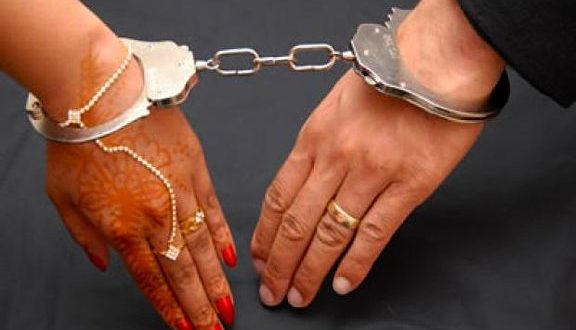
Following the news that the Foreign Office is seeking to recoup the cost of repatriating young women who have been forced into marriages overseas, Professor Aisha K. Gill. CBE, Professor of Criminology at the University of Roehampton, believes it is morally wrong to force victims to foot the costs when they are at their most vulnerable:
“Protection should not have a price tag. Charging vulnerable women escaping forced marriage abroad is morally wrong and inhumane. Those who find themselves in such dangerous and life threatening situations should not be punished when seeking protection from the Foreign and Commonwealth Office. It is my view that victims/survivors should not be asked to pay to escape a forced marriage. For many years, I together with a number of my colleagues have highlighted the very harmful nature of these abuses which remains a significant human rights issue.
“My research to date shows that forced marriage is often so normalised in affected communities that there is little recognition on the part of victims and their families that it is morally wrong, let alone illegal. For example, while consent is the primary distinction between forced and arranged marriages, emotional pressure may blur that distinction. This begs the question: what prevention and protection initiatives can be enacted to end the forcing of children and young people into marriage? First, more needs to be done to improve the financial efficacy of targeted initiatives designed to protect those at risk of forced marriage abroad.
“So how can this problem best be addressed? It is essential in cases of forced marriage that financial assistance must be provided so that victims/survivors can safely exit back to the UK. It is astonishing that victims are being asked to foot costs when they are at their most vulnerable. Furthermore, a number of factors contribute to a successful outcome for those subjected to forced marriage. These include offering a supportive consulate response; offering a rapid response; listening; establishing trust; being accessible and available; giving clear guidance to victims/survivors as well as perpetrators and extended families; and being aware that personal experiences of coercion in relation to forced marriage can vary greatly. In addition, using discretion and professional judgement to develop a tailored, client-centred approach, while still operating within statutory remits, is important.
“Both the Birmingham and Leeds forced marriage prosecutions are important examples that measures are being undertaken by the police and criminal justice system to address the forced marriage problem. However, these institutions would not have reached this stage without the incredible and tireless work of many specialist BME violence against women services, such asAshiana, Apna Haq, Hemat Gryffe and Southall Black Sisters, which have a long history of providing diverse responses to forced marriage and related abuses. The Foreign Secretary, Jeremy Hunt has commented that he intends to ‘get to the bottom of the issue’ of charging victims/survivors who need to be repatriated back to the UK and that ‘Britain should always act with compassion and humanity’. In order to bring an end to forced marriage, I hope his officials will ditch charging victims as ultimately putting a price on safety erodes the good work being done in the UK on forced marriage.”
 LBTV A Force for the community…
LBTV A Force for the community…



